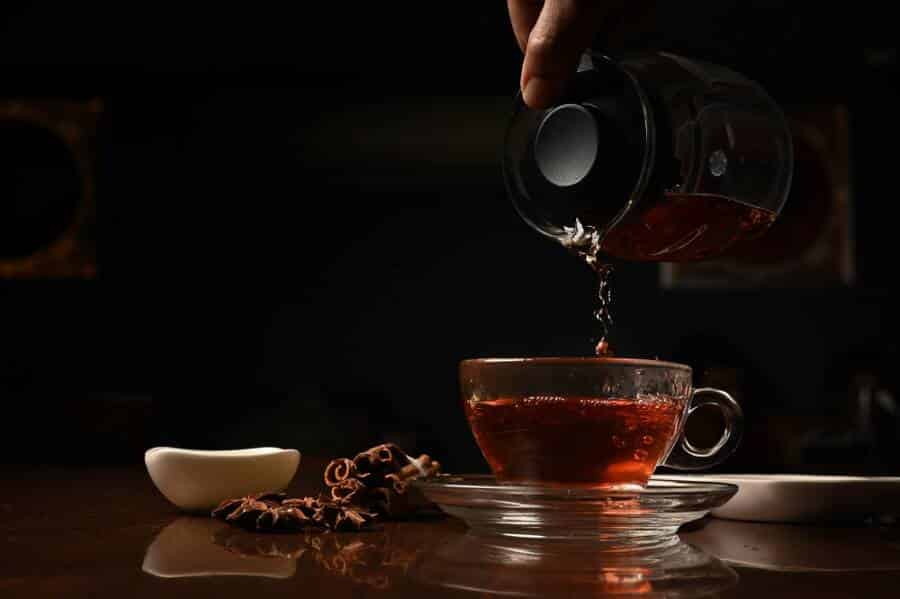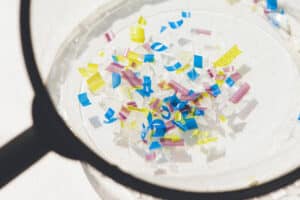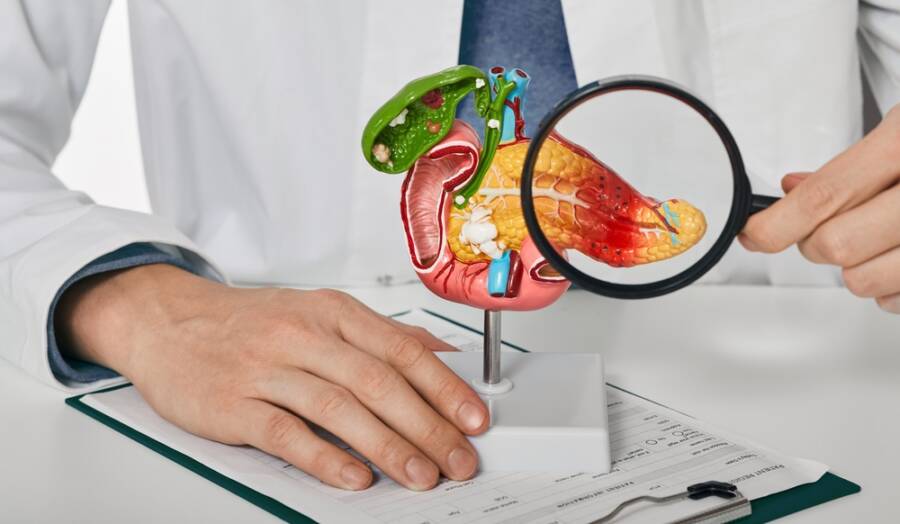Now that things have begun to calm down with that pesky virus, we’re all looking forward to enjoying ALL the holidays with our friends and family again. And while we’re sure you have your own favorites as far as festivities go, here at Indulging Health, we simply go BATTY over Halloween!
But let’s talk about one of the most important parts: food.
I know Halloween is mostly known for the abundance of sweets and candy available right in our homes (it’s called trick or treat for a reason, right?). However, this holiday also provides important health benefits through the very fruit that represents it: pumpkins.
Aside from its unique taste, pumpkin also provides valuable health benefits, including strengthening our immune system and even improving our vision.
Enough with the chit-chat, though! Let’s see what this amazing fruit has in store for us:
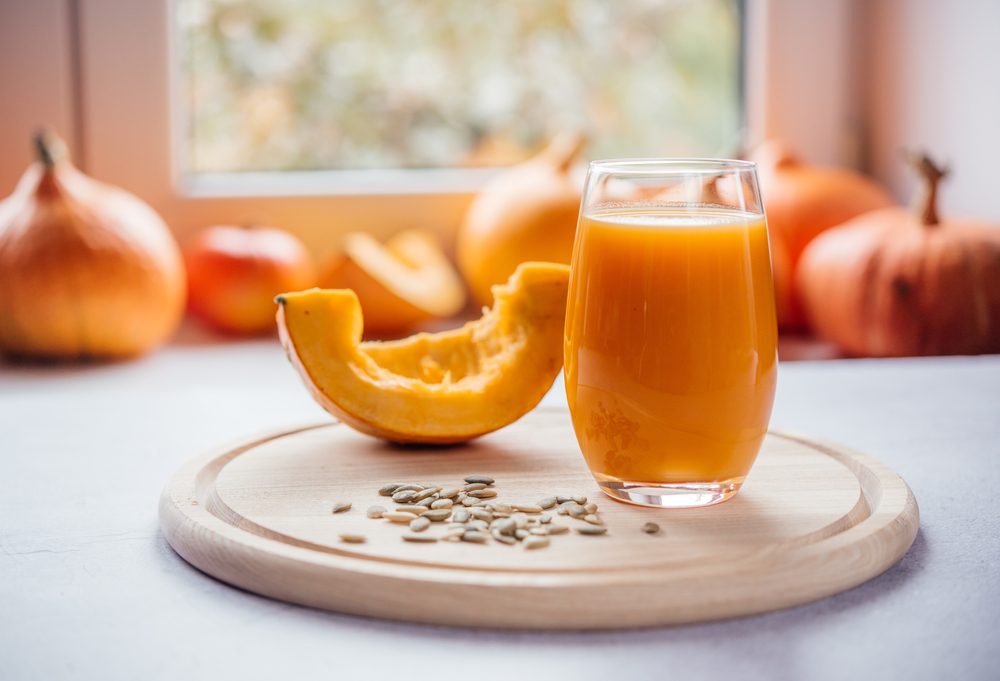
Have you considered all the yummy treats you can make using pumpkin?
It’s very rich in antioxidants
Have you ever heard of free radicals? These tiny molecules are naturally produced by our body and helps us to destroy harmful bacteria that enters the system. However, our environment is also filled with toxic free radicals that increase our chances for developing long-term illnesses (think cancer or heart disease).
Pumpkins are an excellent source of antioxidants, which can destroy toxic free radicals and protect every cell in our body from this external threat. In fact, studies performed on animals proved that antioxidants found in pumpkins (alpha-carotene and beta-carotene) can protect your skin from sun damage, thus lowering the risk of skin cancer.
It boosts your immunity
Pumpkins are packed with plenty of beta-carotene, which your body turns into vitamin A as soon as it enters the system.
A 2015 study published in the journal Nature Medicine showed that vitamin A is a great ally for fighting off infections and strengthening your immune system. Furthermore, other studies point out that people with weak immunity are also usually suffering from a vitamin A deficiency.
Additionally, pumpkin is very high in vitamin C, which promotes white blood cell production, which in turn improves the immune system. This vitamin can also work wonders during the healing process by reducing inflammation, as the National Institutes of Health states.
It protects your eyesight
Pumpkins are loaded with important nutrients which can reduce your risk of sight loss – a common condition especially in people over 50.
Once again, the high content of beta-carotene in pumpkins can give your body a healthy dose of vitamin A. Not only does this vitamin maintain good eyesight, but it also prevents sight loss over time. For example, studies published by the National Institutes of Health show that vitamin A deficiency is a common cause for blindness.
Furthermore, pumpkin is a good source of lutein and zeaxanthin. According to the Chinese Journal of Preventive Medicine, these compounds can lower your risks of developing macular degeneration (AMD), a process that is often accelerated by aging.
It can promote weight loss
Shedding those extra pounds during Halloween may seem impossible, but pumpkins can actually be a great aid.
A single cup (245 grams) of pumpkin has no more than 50 calories and is made of 94% water. Due to the fact that it’s very high in nutrients, though, it also offers satiety, thus being a great meal choice – even in large quantities!
What’s more, pumpkin is a great source of healthy fiber that can reduce your appetite and prevent you from attacking the sweets drawer at night.
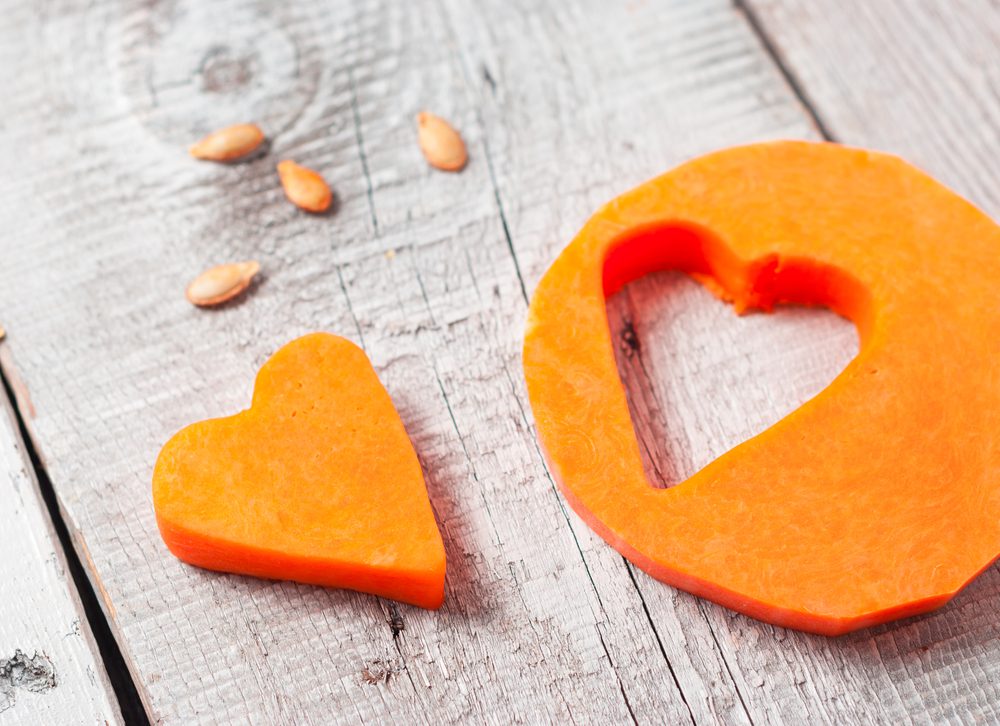
It keeps your heart healthy
Since pumpkins are high in potassium, vitamin C and fiber, it can improve your heart health tremendously especially in the long run.
For instance, a 2016 study published by the Journal of the American Heart Association showed that people who consume foods rich in potassium are having lower blood pressure and reduced their risk of strokes.
The fact that pumpkins are so high in antioxidants also helps it protect you from the well known ‘bad’ LDL cholesterol. Why is it bad?
When LDL cholesterol molecules oxidize in your body, they can accumulate on the walls of your blood vessels. This can prevent healthy blood flow, thus increasing the risk of blood clots or other serious heart problems.
It helps your skin
One cup of cooked pumpkin provides you with 245% of the Recommended Daily Intake (RDI) of vitamin A. Can you imagine that?
Luckily, vitamin A is known for acting much like a natural sunblock by protecting your skin from harmful UV sun rays. Carotenoids such as beta-carotene (where the vitamin A comes from) get through every organ in your body, including the skin.
The high content of vitamin C in pumpkins also promotes the production of collagen, a protein naturally created by your body that keeps your skin healthy and strong. Furthermore, you may also get a beauty benefit as this vitamin might reduce wrinkles in the long run!
…If you wish to learn more about keeping your skin healthy, we highly recommend reading: 11 Places on Your Body You’re Not Using Sunscreen (But You Should)
It’s very versatile
I consider this a huge benefit because many other foods are high in nutrients, but they may not suit everyone’s eating habits or diet.
Pumpkin is very low in calories, so it’s a perfect match for any diet including Keto, Atkins or high-calorie diets such as Paleo.
You can add it to your morning smoothie or cook the almighty pumpkin pie we all love to eat on Halloween (and not only!). Before you throw away the seeds, though, think twice!
Pumpkin seeds are edible and they also contain powerful nutrients that can improve your heart health and bladder functions. You can add such seeds to a salad, overnight oats or enjoy it with plain yogurt.
ATTENTION! If you’re going to buy canned pumpkin, make sure to read the label thoroughly as some products may contain added unhealthy ingredients like sugar.
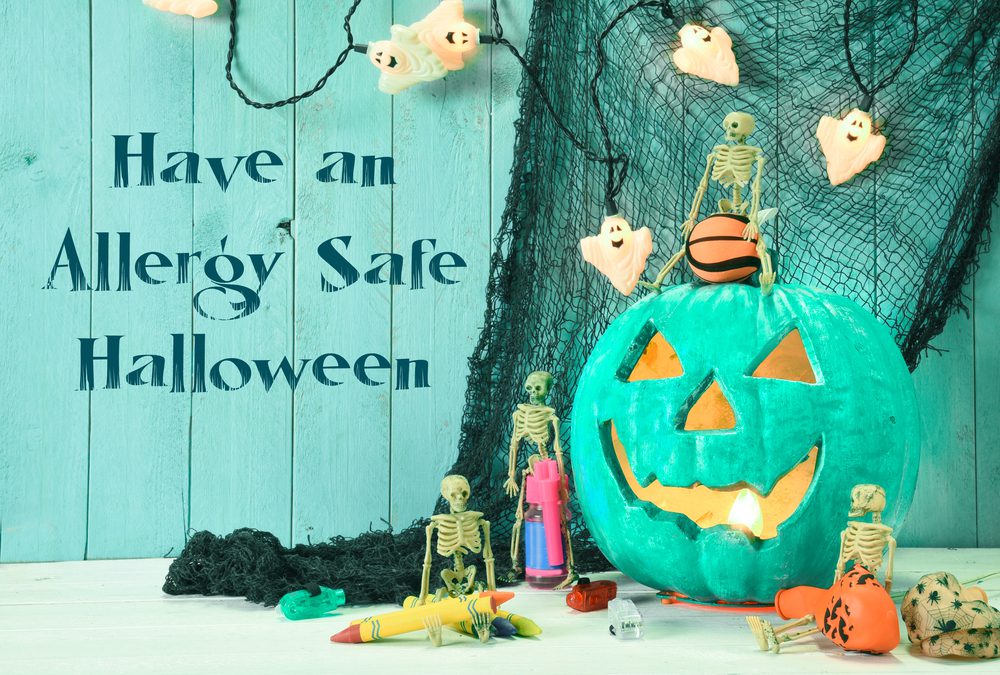
Should anyone NOT eat pumpkin?
Surprisingly enough, yes. While pumpkin is a great choice for most people, this popular fruit may also cause allergies; if you’ve never eaten pumpkin before, make sure to eat a small quantity and watch out for any strange reactions like skin itching or redness.
Pumpkin is also mildly diuretic. This means that it may induce a reaction similar to a ‘water pill’ by increasing how much water and salt you eliminate through urine. This effect may be harmful for people taking medicine such as lithium, since diuretics can prevent your body’s ability to remove lithium.
I also have some bad news for you: that delicious pumpkin latte or pumpkin-based candies don’t count as healthy. Most of the times, these foods are packed with added sugar, preservatives and other harmful substances that rather counts them as junk food.
What’s your favorite pumpkin recipe to serve on Halloween? Let us know in the comment section, and be sure to tell us if you have any other great pumpkin tips you’d like to share with our readers!
If you enjoyed reading this article, we’ve got many more great tips for you. For example, here are 20 Reasons Why You Just Can’t Lose Weight Yet


